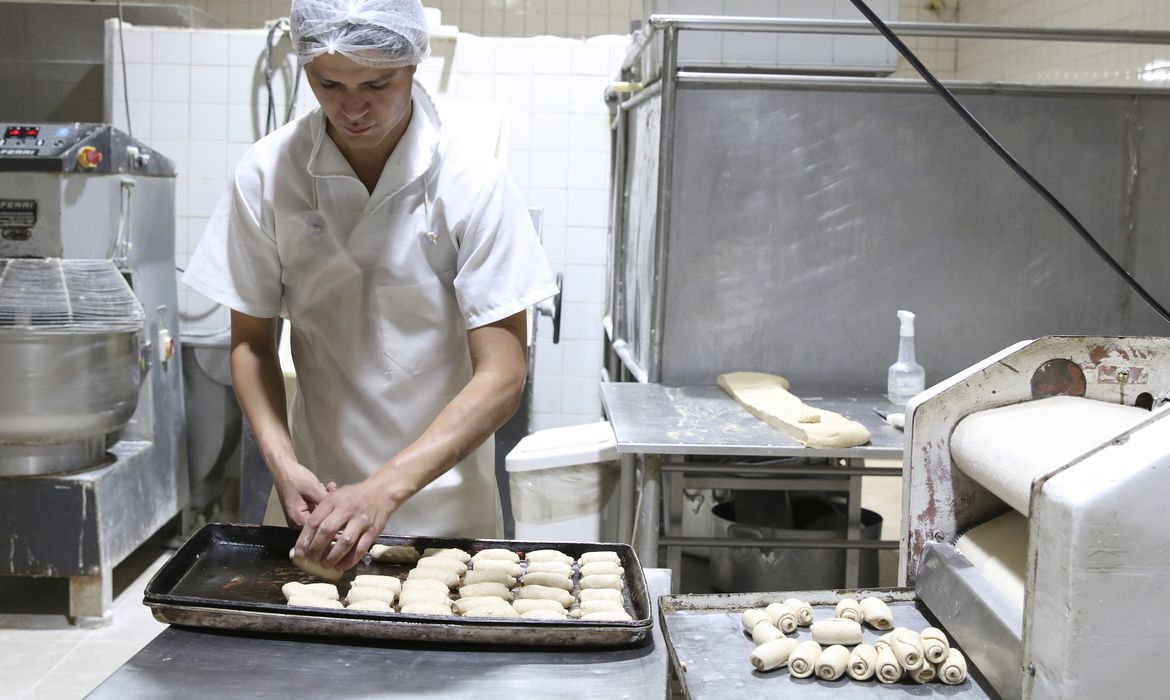RIO DE JANEIRO, BRAZIL – Rising output and sales led Brazil’s services activity to register the strongest growth in almost 15 years in March, continuing the recovery from the Covid-19 damage – despite uncertainties over the war in Ukraine.
The data are from the Purchasing Managers’ Index (PMI), released on April 5 by S&P Global. In March, the services PMI was 58.1, up from 54.7 in February, marking the highest reading since June 2007 (58.4).
The result takes the index further above the 50 mark that separates growth from contraction.
Survey participants cited new customer acquisition, successful marketing efforts, and increased sales, which pushed the new business sub-index to the highest level since June 2007.

“Customer demand was driven by the easing of restrictions against Covid-19, which included the easing of rules for international travel,” S&P Global said.
March also marked an increase in the number of new export deals after falling in February, contributing to the total sales index recovery.
Seeking to expand production capacity against this backdrop, Brazilian service providers increased hiring in March, and the employment index rose at the fastest pace since July 2007.
But on the other hand, inflationary pressures intensified, with input costs rising at the strongest pace since last November.
According to S&P Global, it was due to rising prices for electricity, food, fuel, oil, and transportation, to some extent related to the war between Russia and Ukraine.
To protect profit margins against cost increases, suppliers raised prices for their services again in March, and the inflation rate was the sharpest since data collection began more than 15 years ago.
“Inflationary pressures, which eased in February, intensified during March as the war in Ukraine drove energy prices higher. The latest increase in input costs was the fifth largest during the 15 years of data collection,” Pollyanna De Lima, associate director of economics at S&P Markit, pointed out.
Both concerns about inflation and the war in Ukraine affected business optimism.
Although companies remained optimistic about the outlook for the next 12 months of output, the overall confidence level fell from the five-month peak recorded in February.
Survey participants expecting growth cited the easing of Covid-19 restrictions, infrastructure investments, marketing efforts, and new tenders.
Higher services growth coupled with a pick-up in manufacturing expansion took Brazil’s Composite PMI in March to its highest level since January 2010 at 56.6, down from 53.5 in February.
With information from CNN Brasil

